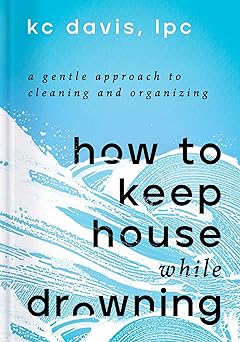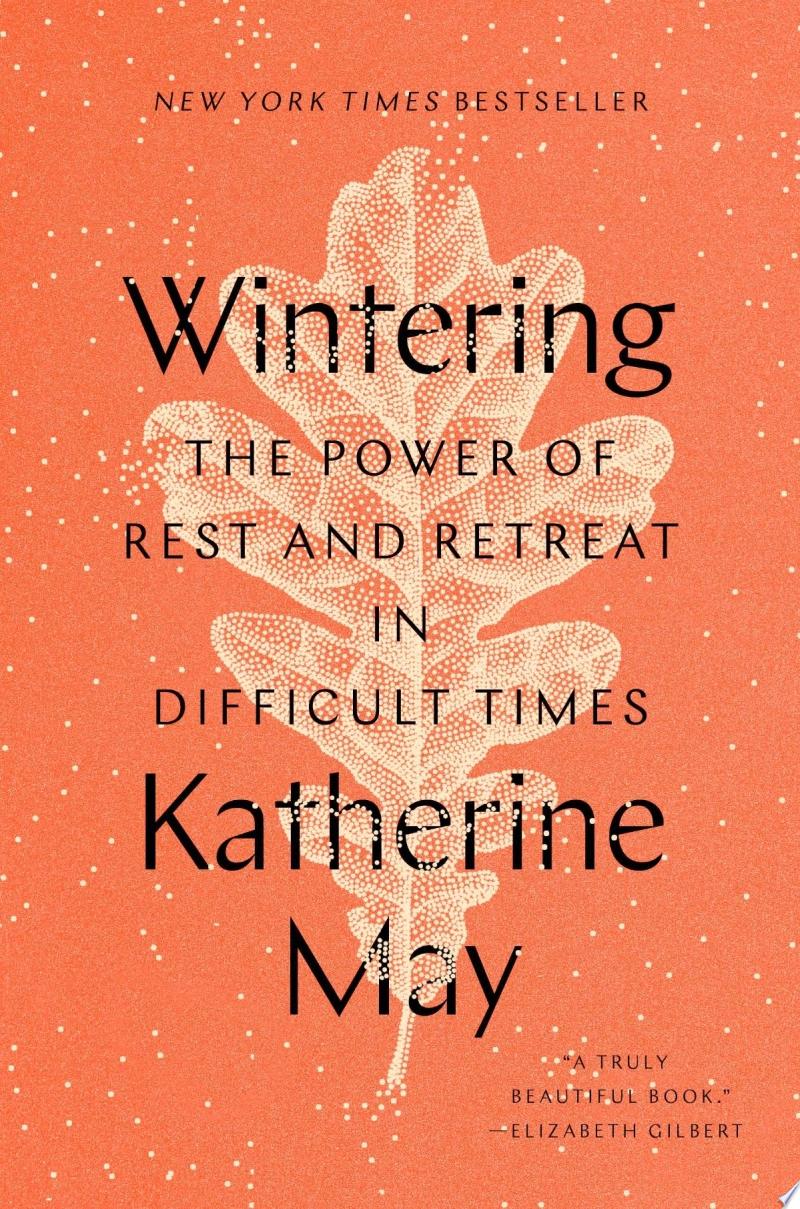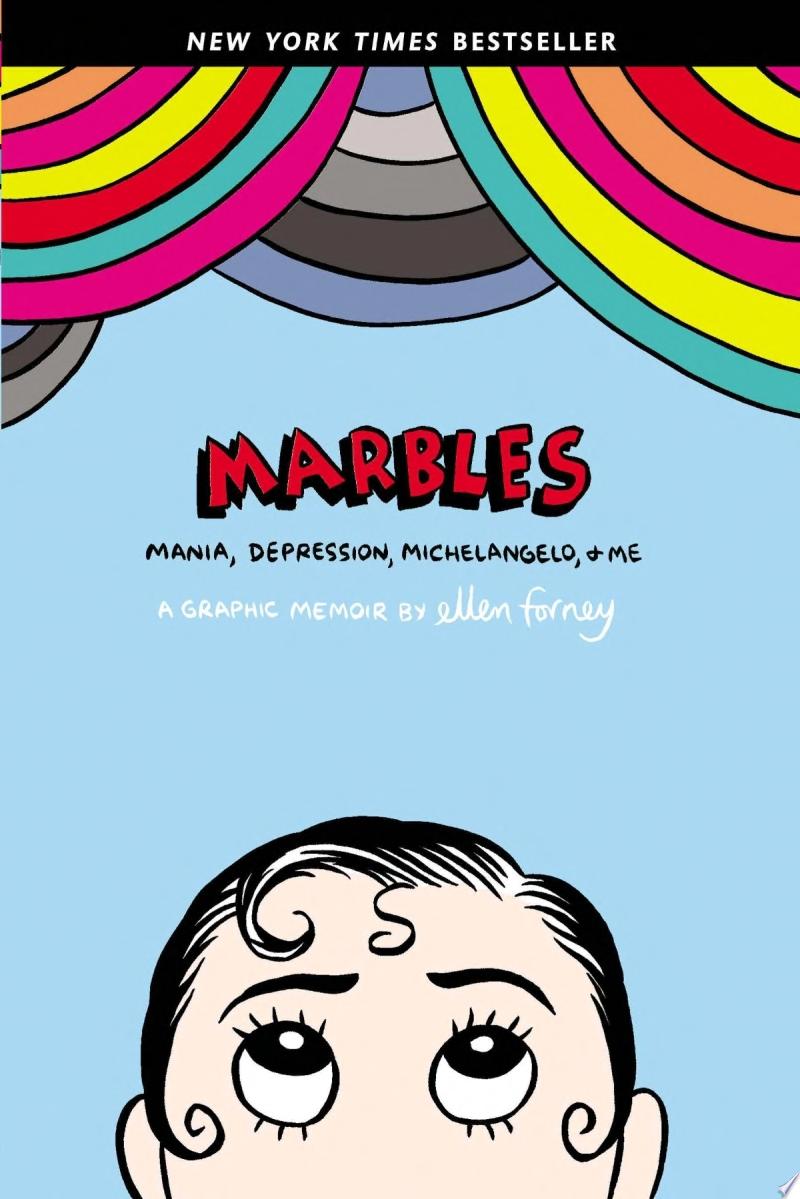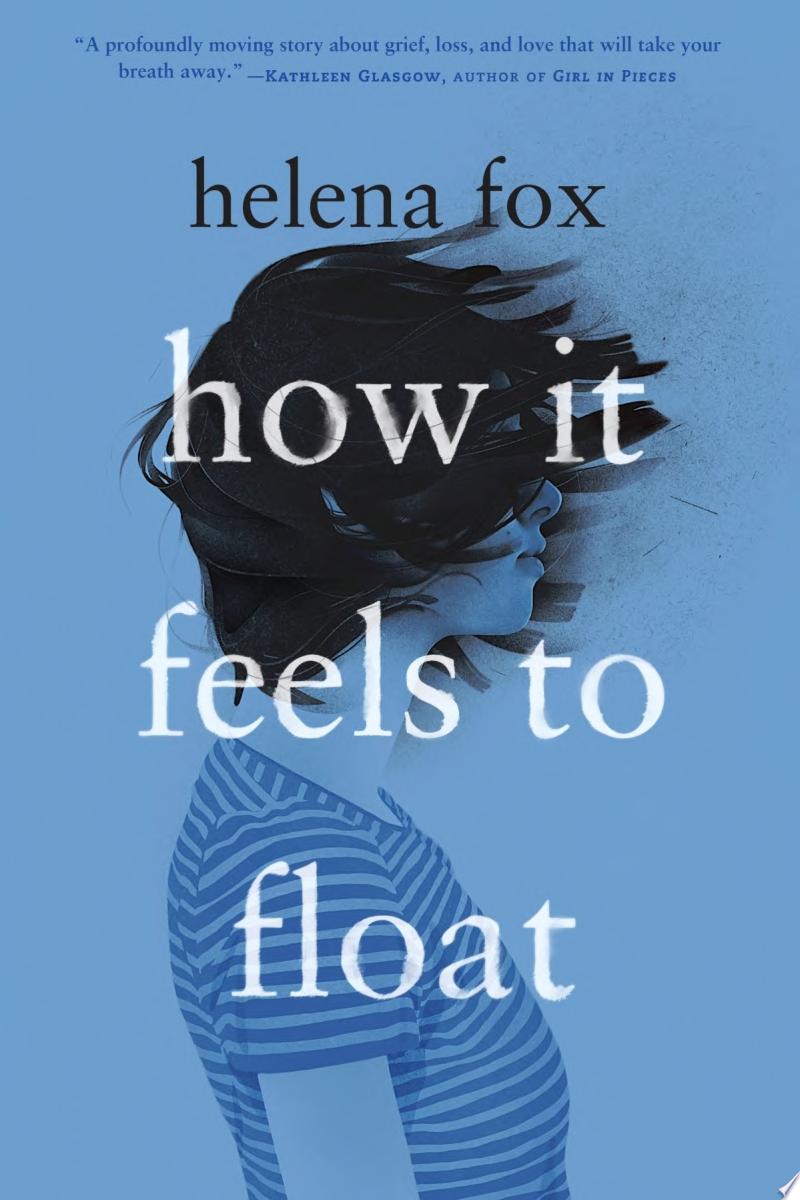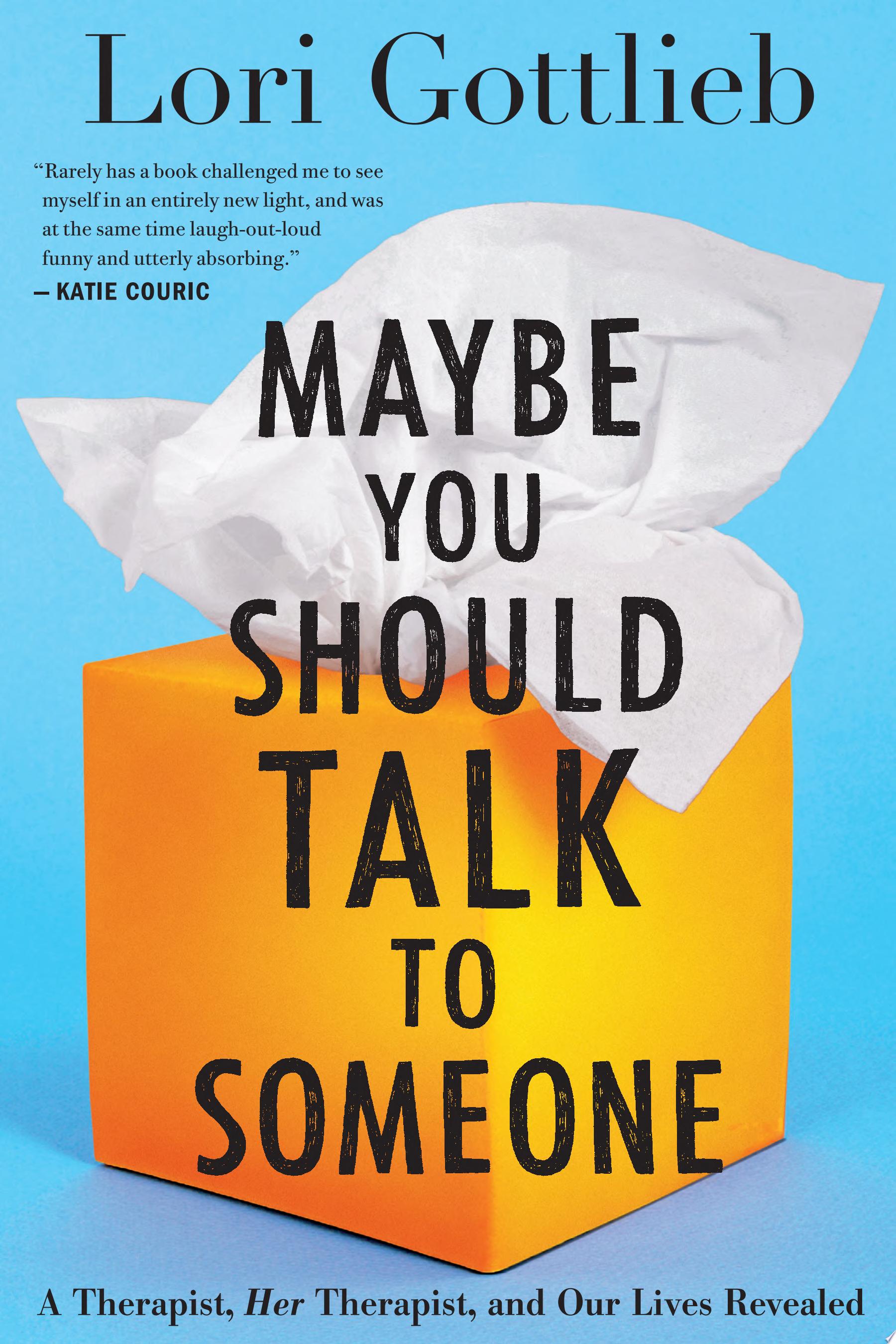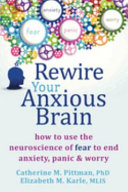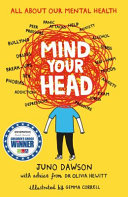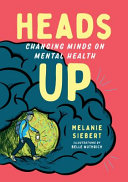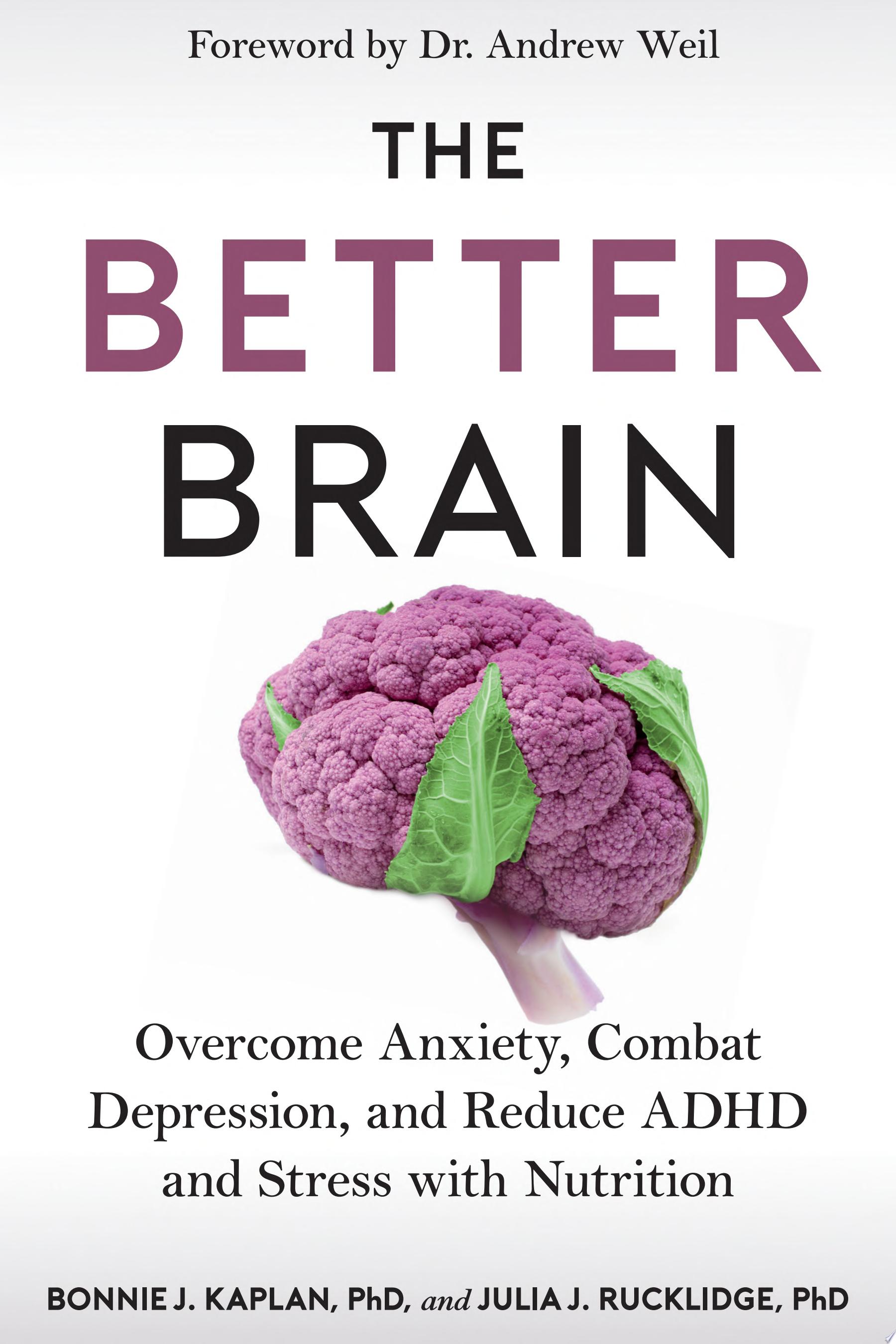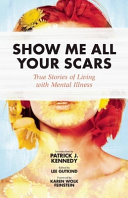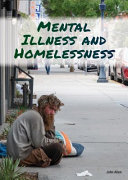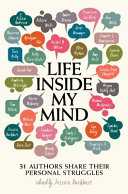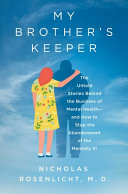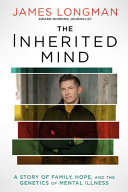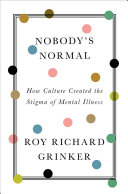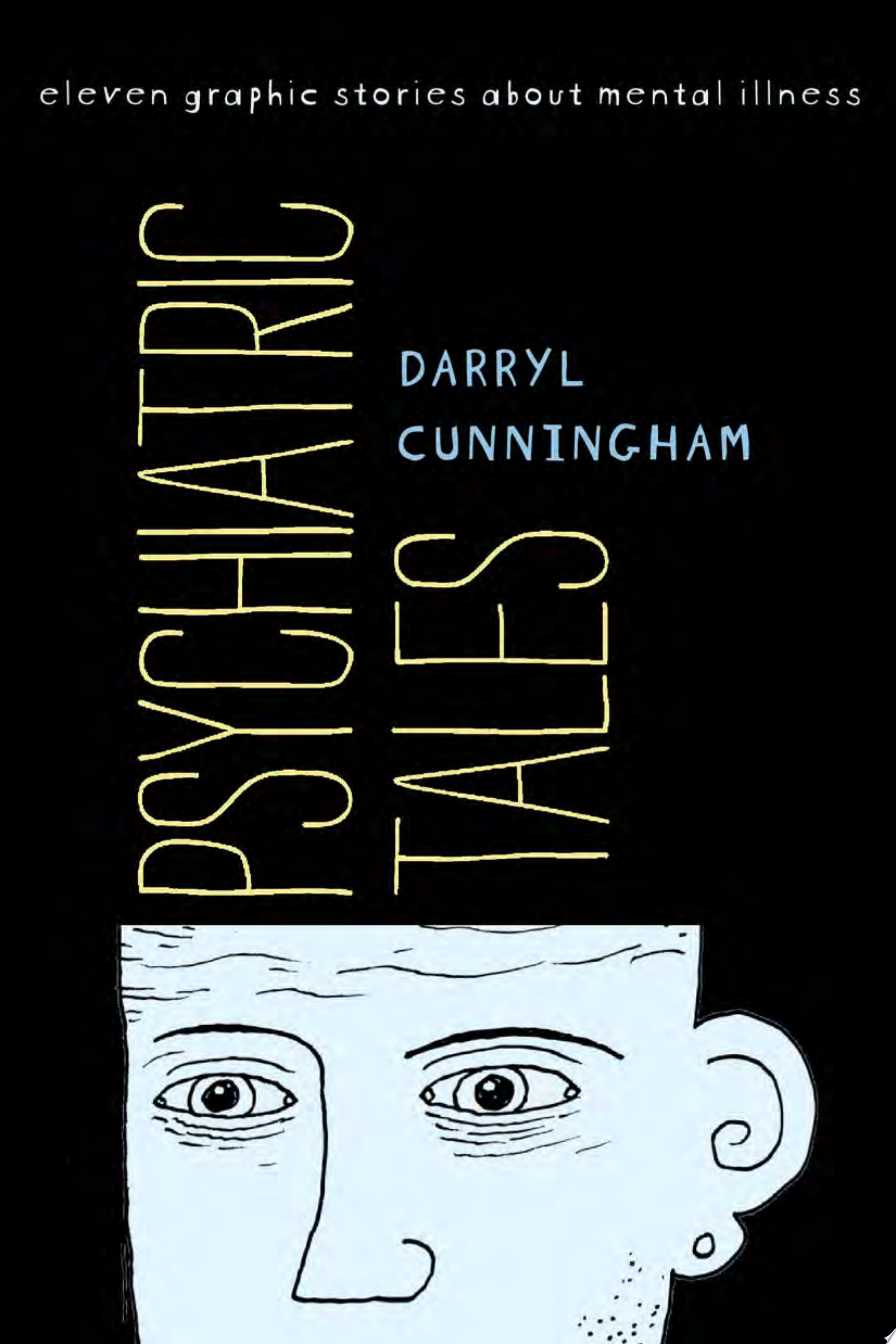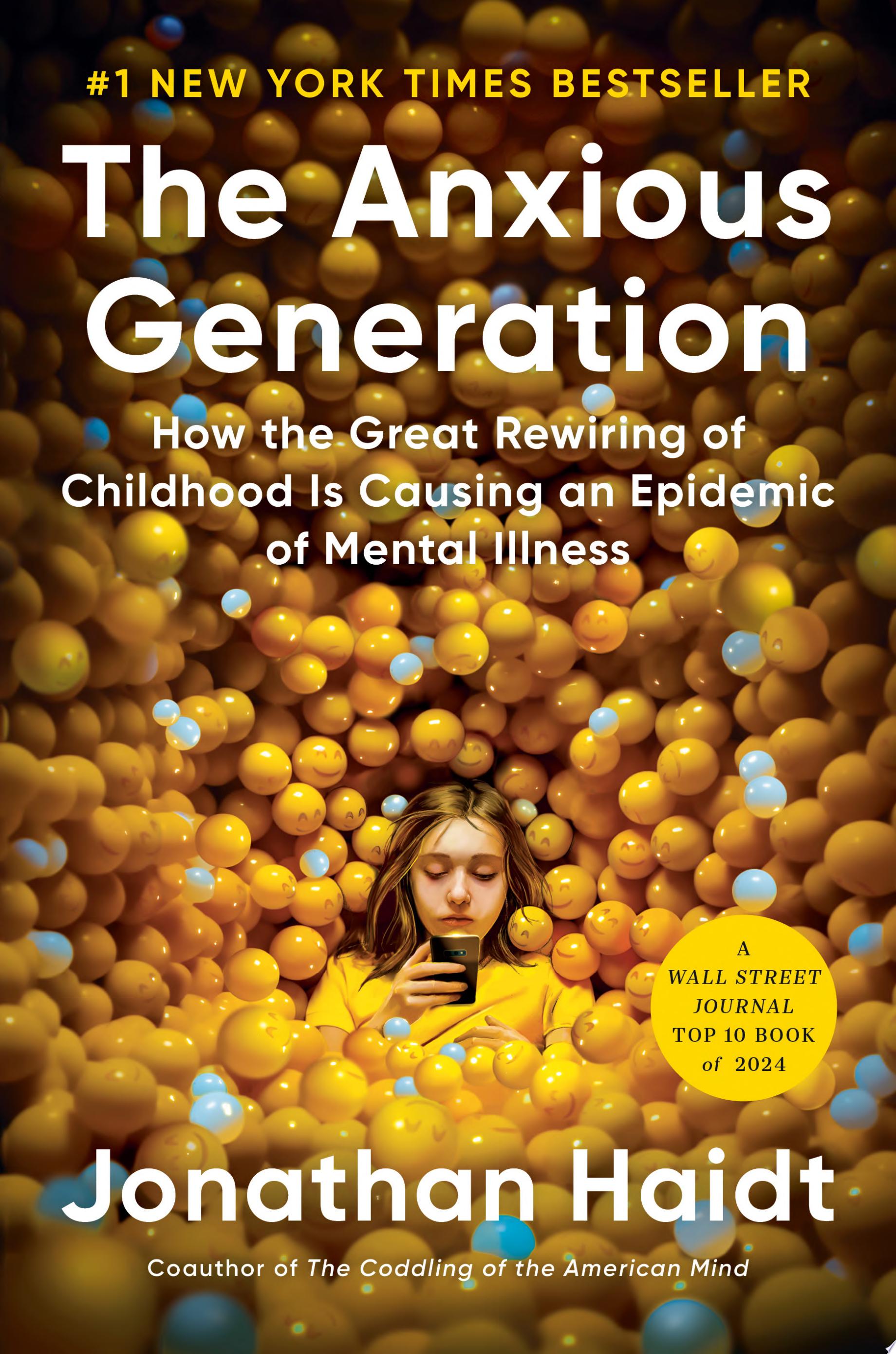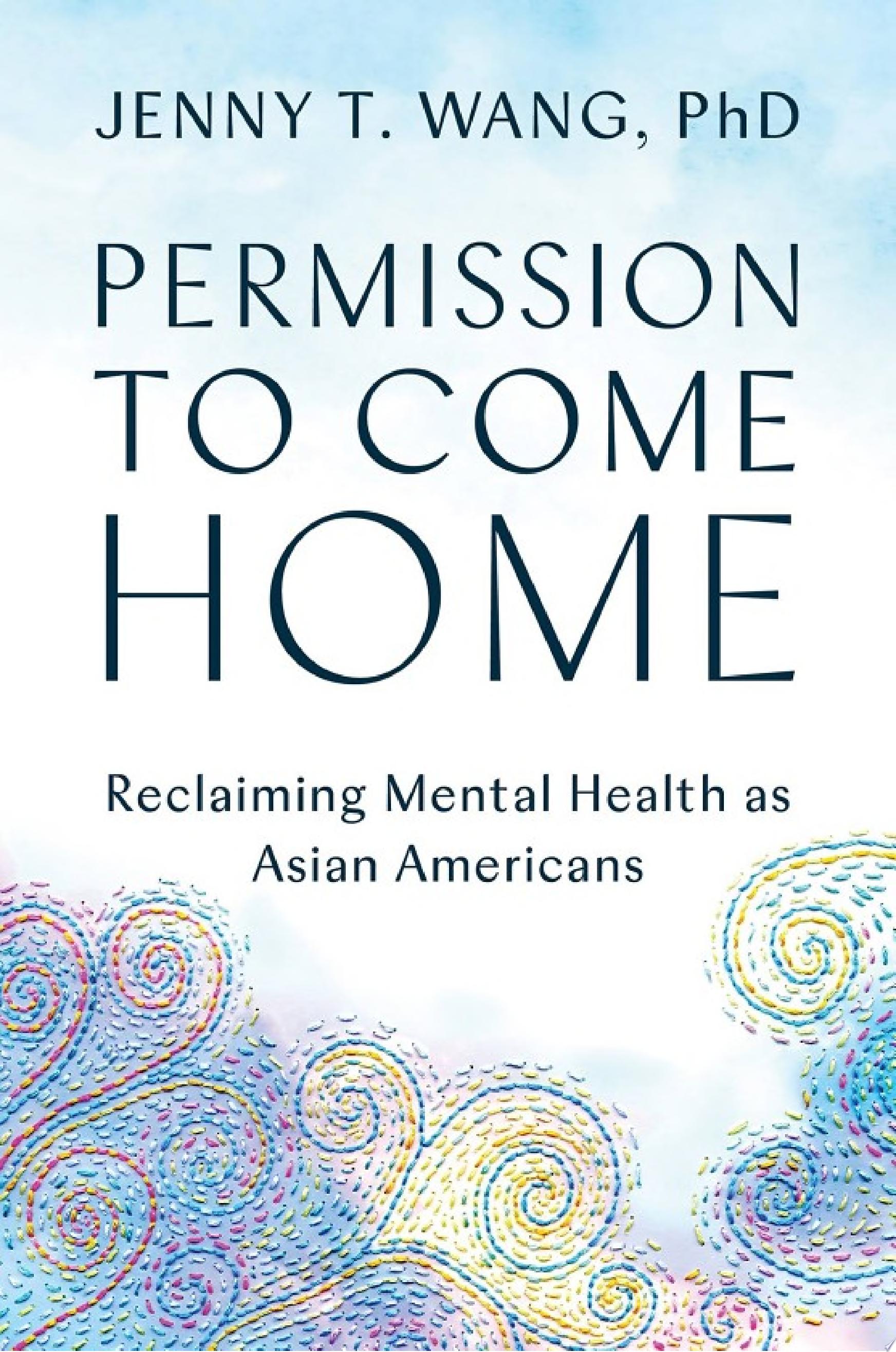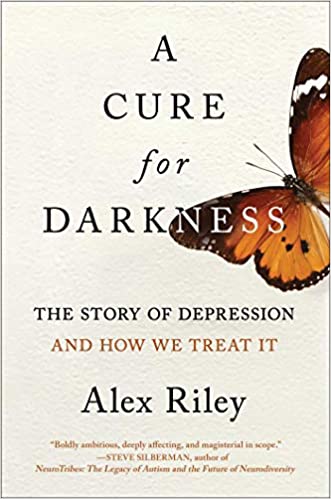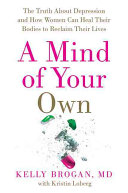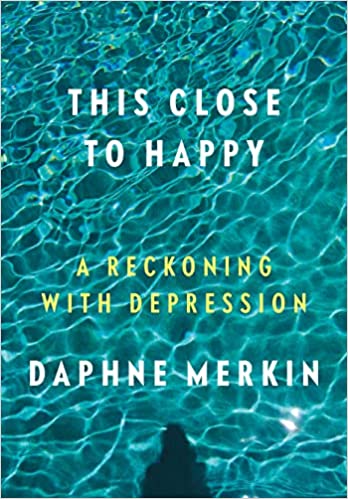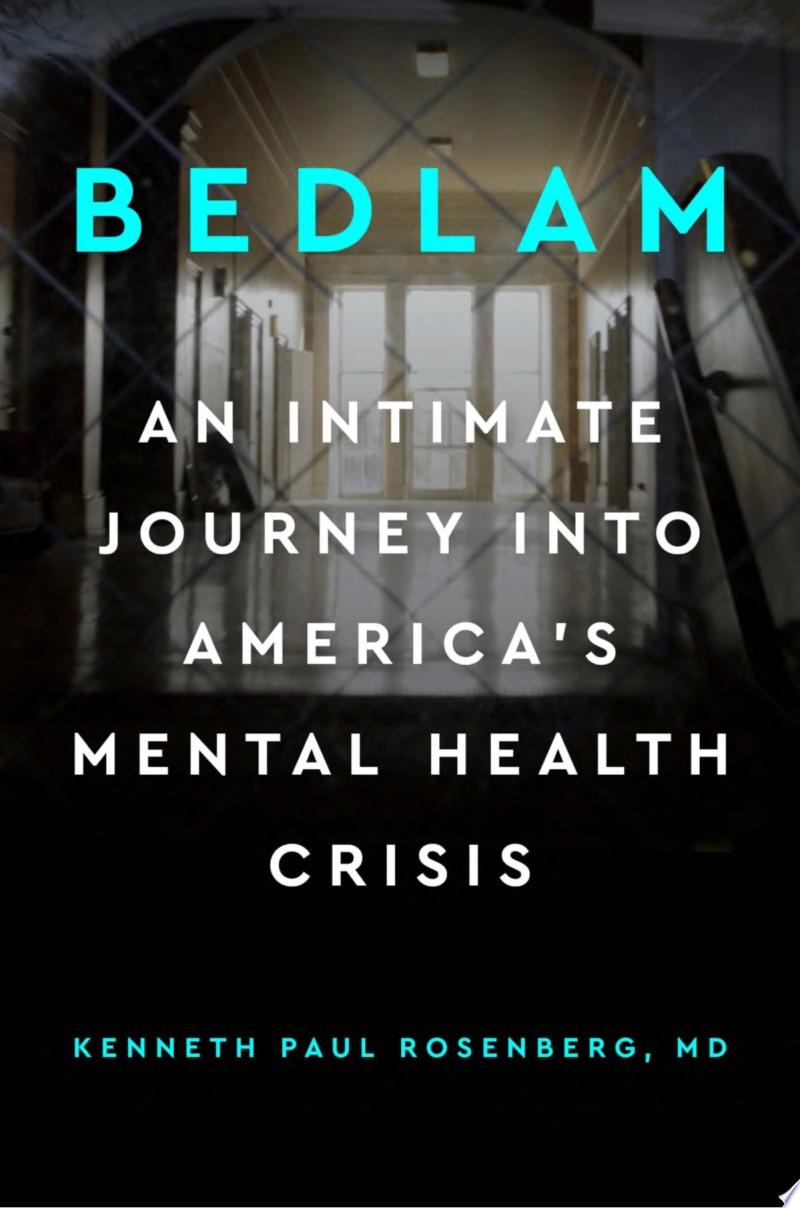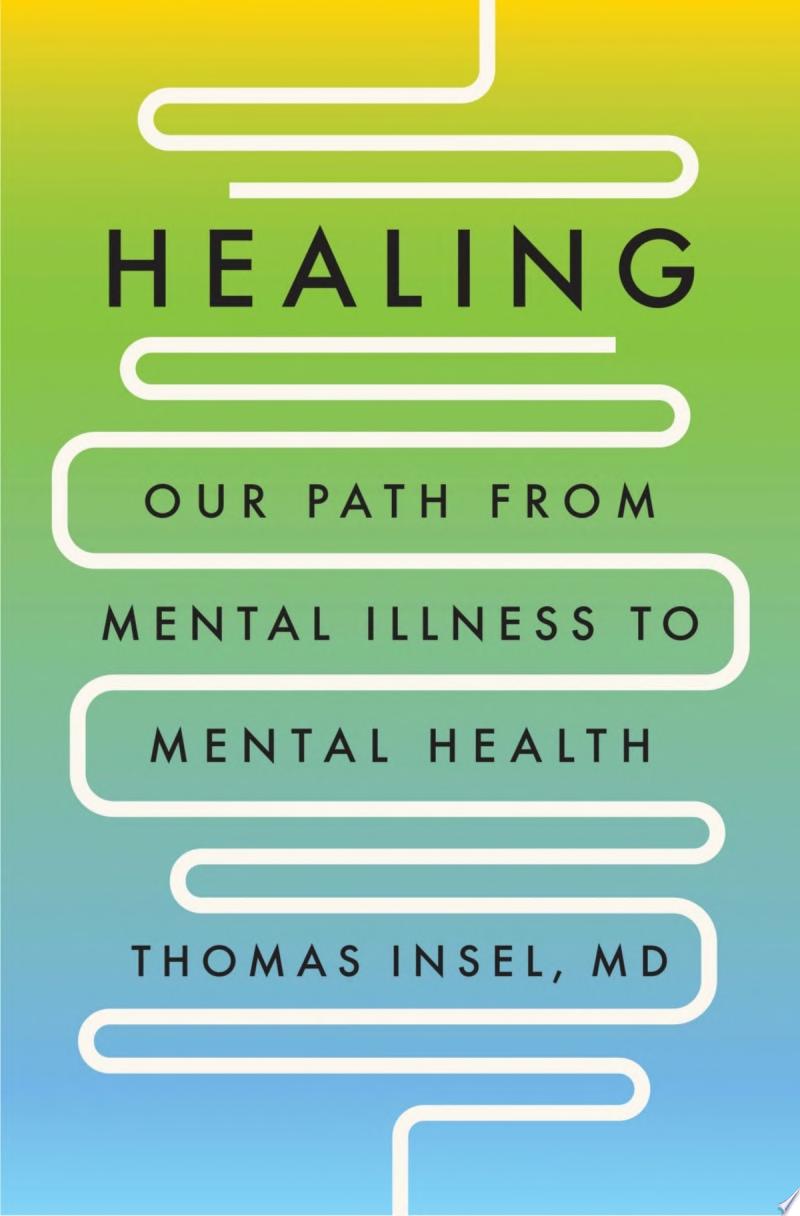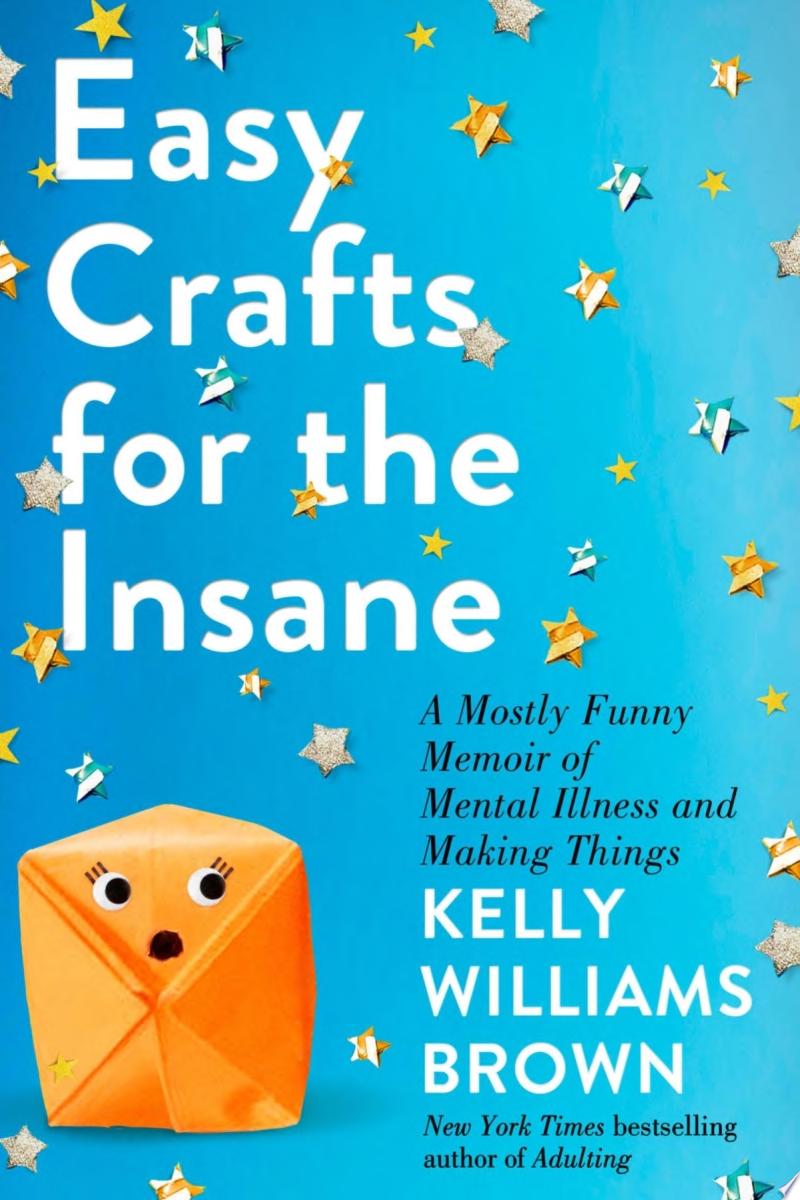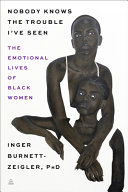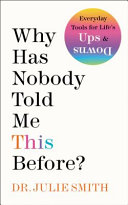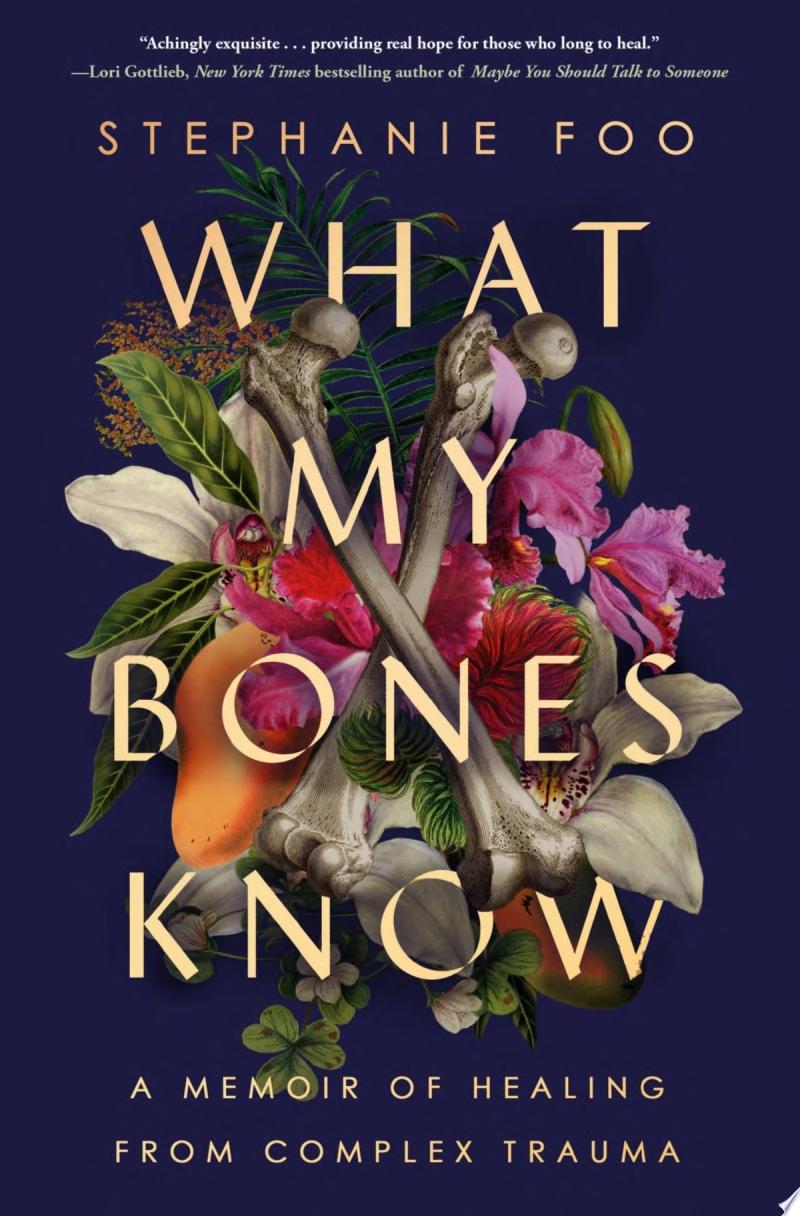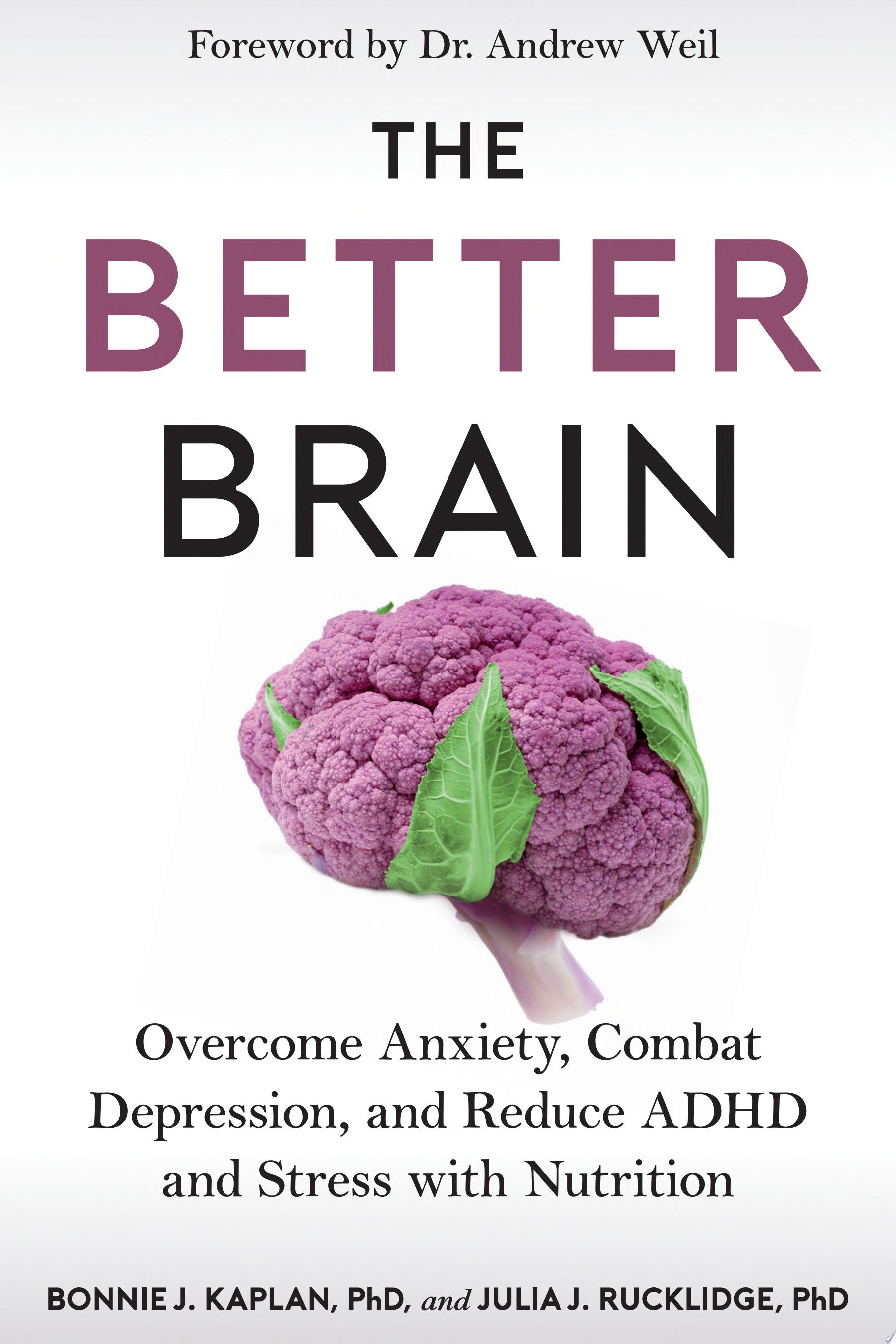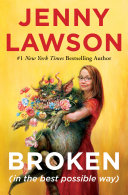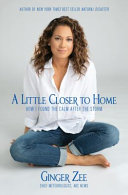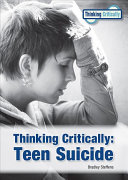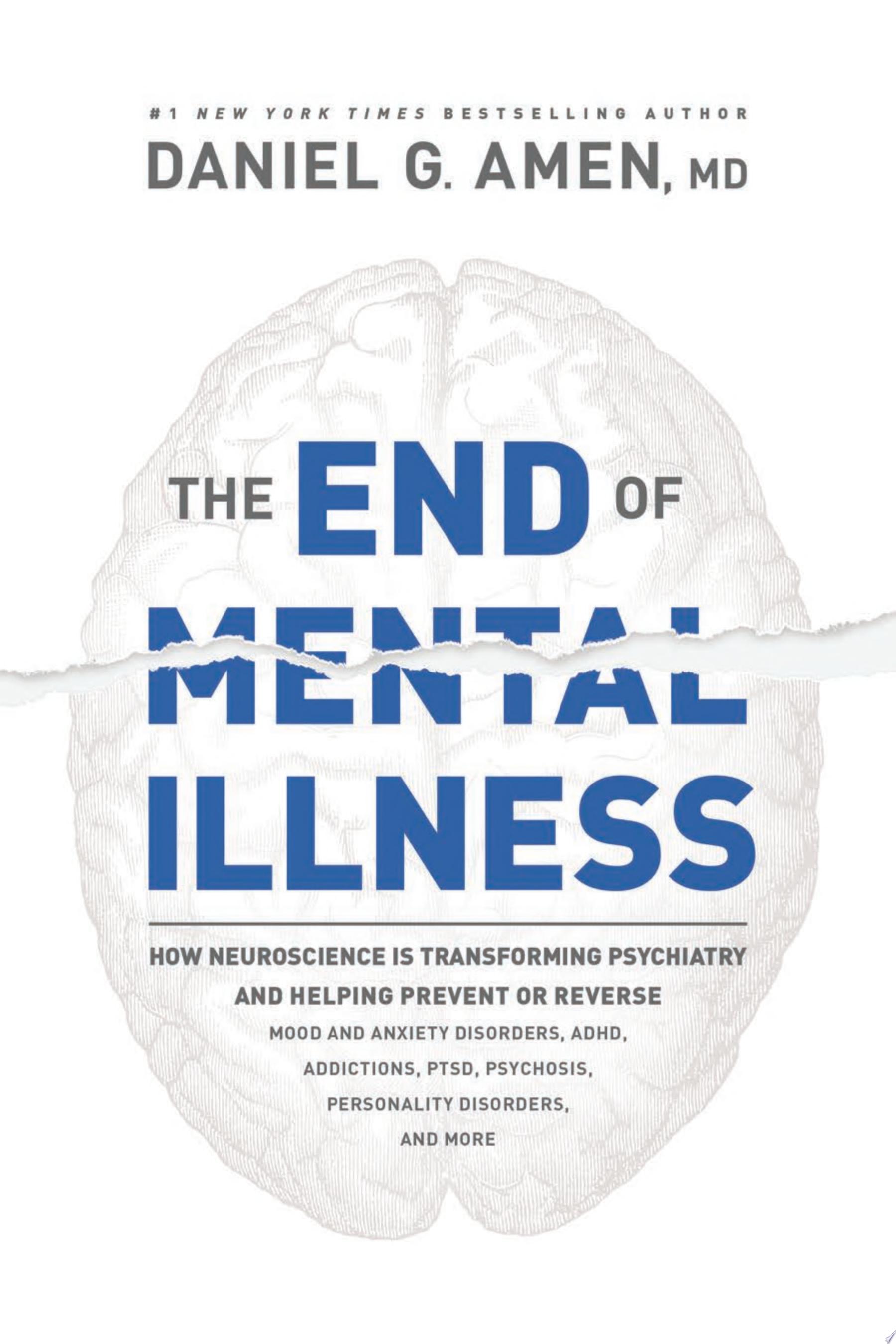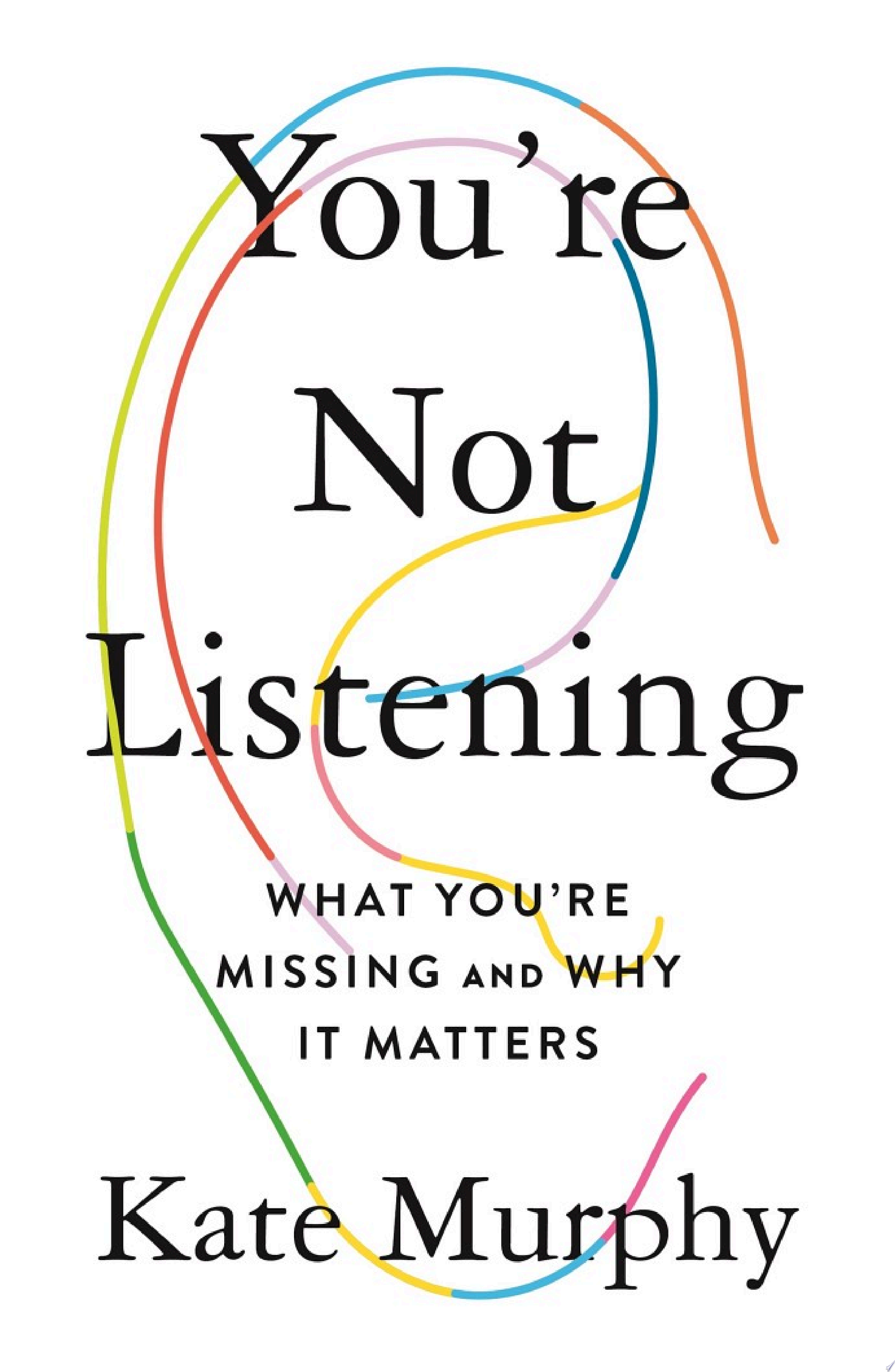
You're Not Listening
Kate Murphy
At work, we’re taught to lead the conversation.
On social media, we shape our personal narratives.
At parties, we talk over one another. So do our politicians.
We’re not listening.
And no one is listening to us.
Despite living in a world where technology allows constant digital communication and opportunities to connect, it seems no one is really listening or even knows how. And it’s making us lonelier, more isolated, and less tolerant than ever before. A listener by trade, New York Times contributor Kate Murphy wanted to know how we got here.
In this always illuminating and often humorous deep dive, Murphy explains why we’re not listening, what it’s doing to us, and how we can reverse the trend. She makes accessible the psychology, neuroscience, and sociology of listening while also introducing us to some of the best listeners out there (including a CIA agent, focus group moderator, bartender, radio producer, and top furniture salesman). Equal parts cultural observation, scientific exploration, and rousing call to action that's full of practical advice, You're Not Listening is to listening what Susan Cain's Quiet was to introversion. It’s time to stop talking and start listening.
